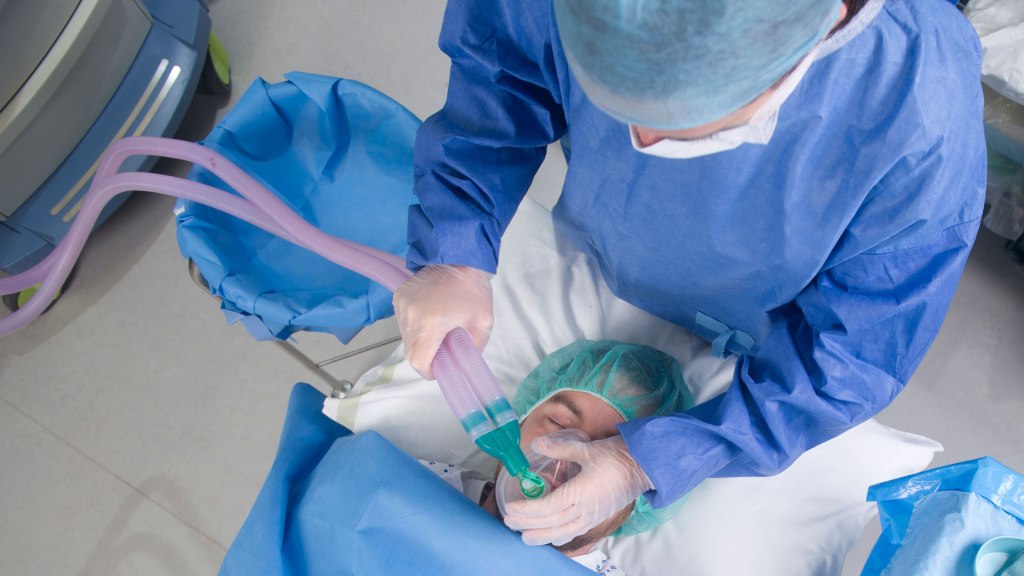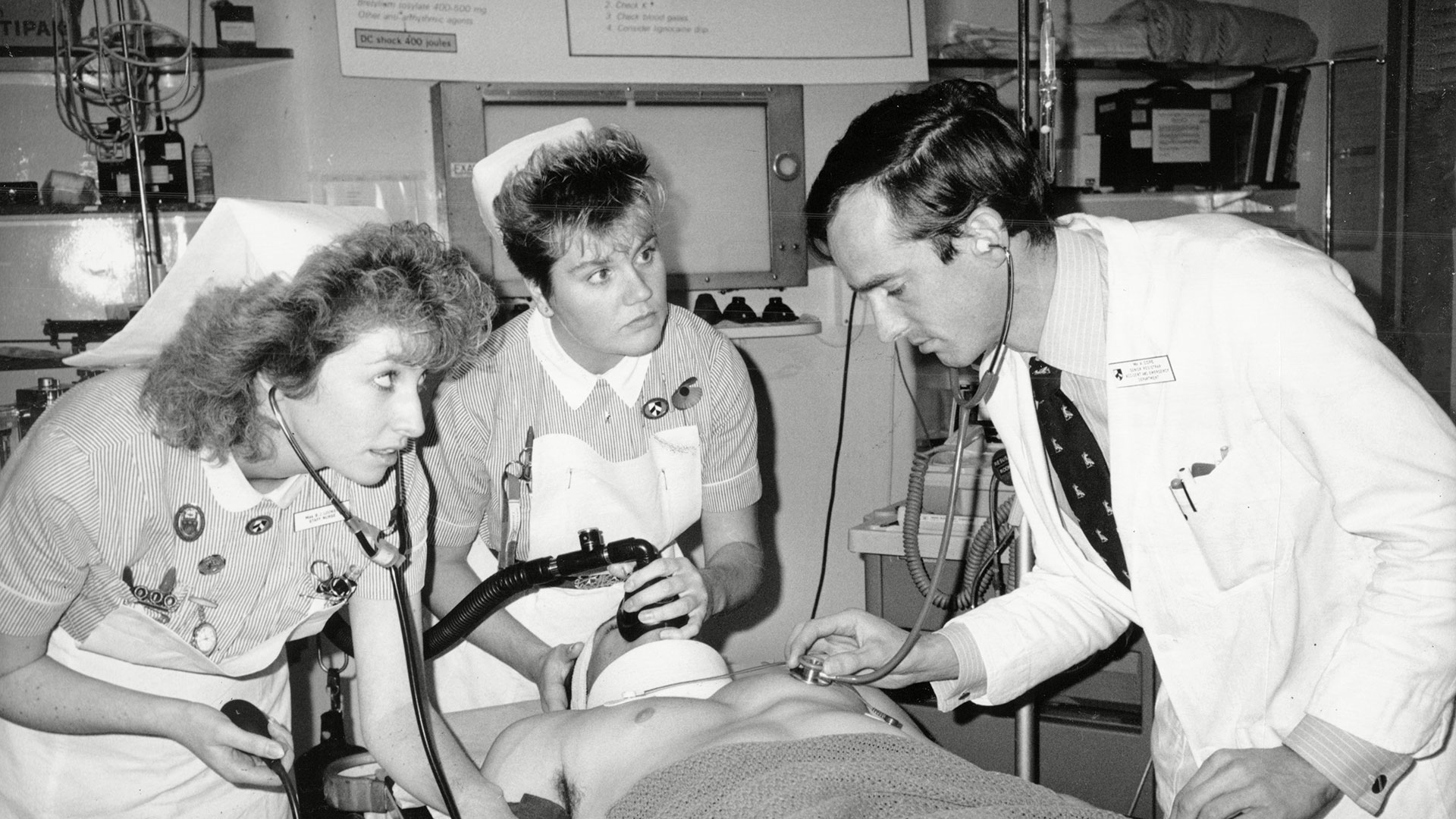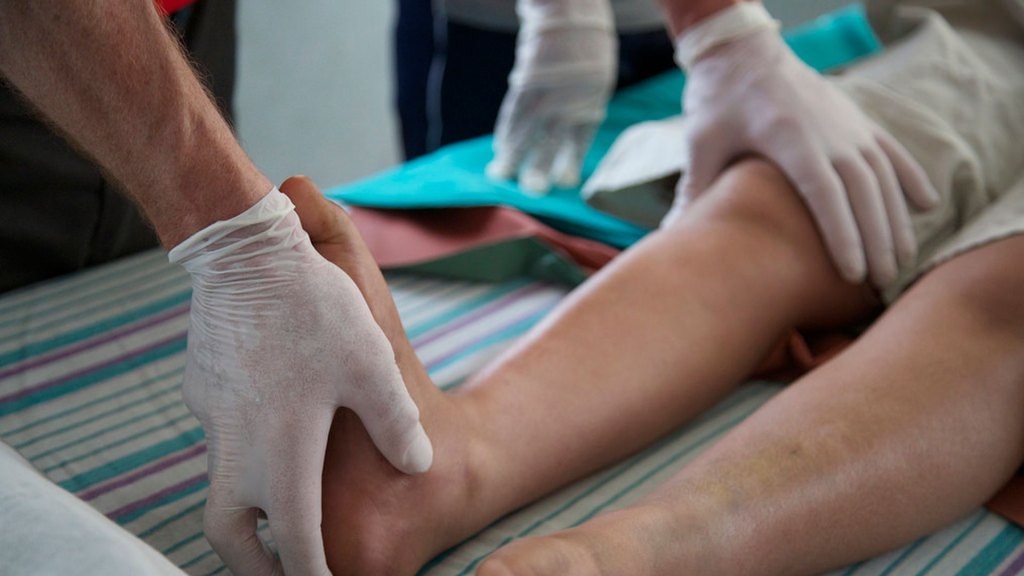I wonder if they, and the electoral public, have considered key questions.
Have you any idea how much healthcare costs?
My experience is that in general people would not be able to estimate it to the nearest £1,000. An intensive care bed, for instance, costs £3,000 per day, while a psychiatric bed (my area of expertise) costs about £700 per day, depending on the type of nursing needed. Most insurance companies will only pay for a set number of weeks of psychiatric inpatient care, regardless of the actual needs, so the bills for people choosing to fund their own care in this area (which people do, especially for their children) are generally vastly higher than anticipated.
Are you sure the service you require exists in the private sector?
The types of service that can be provided by standalone companies are generally those with very clear, measurable and costable outcomes, relatively simple procedures, and where minimal interfacing with other specialities or services is needed. A community psychiatric service for teenagers, for instance, is not available to people choosing to “go private”. Its whole ethos goes against simple health economics. Adolescent psychiatric care is usually measured in Occupied Bed Days (OBDs), so a young person requiring four weeks in hospital, whatever their treatment while they are there in terms of therapy, drugs, education, is generally charged as double that of someone only requiring two weeks in hospital.
However, the whole raison d’etre of such a service is to prevent hospital admissions, and keep young people with their families, return them to school and their peers as soon as possible. At present such services are directly commissioned by NHS England, which makes sense as the cost of the service will be offset by reduced costs to inpatient wards but also in terms of reduced A&E presentations and emergency care. How would a private company pay for this? For the number of admissions that were prevented? How could you measure that?
Many NHS services simply don’t exist in the private sector
Many NHS services simply don’t exist in the private sector, such as community antenatal care or community paediatrics, and I have many personal anecdotes of people trying to buy their own constellation of allied healthcare professionals only to find that without a central, expert care co-ordinator – such as a GP – their care package doesn’t deliver the right care and there is no incentive for the various partners to communicate with each other, leaving the patient at best out of pocket and confused, and at worst in great danger.
Even if you can afford it, and it does exist, is the private service as good as its NHS equivalent?
Private healthcare providers obviously aim to recruit NHS-trained staff wherever possible. So it is often the same surgeons who see NHS patients in the mornings and private patients in the evenings, and there are very strict controls (from the NHS) on what the percentage of these two groups can be. NHS doctors are subject to lifelong scrutiny of their practice and skills, and cannot be employed in the NHS without continuous revalidation.
Advertising helps fund Big Issue’s mission to end poverty
Similarly, many nurses will be primarily employed on an NHS ward and then work “bank” shifts at St Elsewhere, presumably delivering exactly the same care, subject to the local staffing levels, supervision, protocols and ethos of the ward – which can obviously vary from place to place, regardless of how it is funded. I am not suggesting that the same people deliver different quality of care depending on how they are paid or who the recipients of their care are, just as my anaesthetist said.
However, I have seen some shocking lack of continuity in the private sector. Patients are “recommended” from one specialist to another on the basis of consultants having trained together 20 years previously or supporting the same rugby team. They may end up with perfectly good specialists but the question of whether they need another specialist does not get asked by private healthcare providers in the same way as it would if they were seeking a new referral via their GP.
My mother has had seven operations in the private sector, and while I am sure the surgery was as good privately as it would have been in the NHS, the absence of the “junior doctor tier” (only consultants usually do private work) means that often there is a huge gap in time and competence between the surgeon who greets you in his best suit at 6am and 6pm on the ward, and the isolated nurses from many areas of medicine and parts of the globe who are effectively in charge of all your care in between.
I noticed, for instance, that in general the staff on my mother’s private wards did not know each other’s names, and clearly had not been trained together as a team as is the optimal case on an NHS ward. When all was going well, my mother enjoyed the private room, the polished oak door, the good food and the open visiting hours – but on the occasions when she was actually unwell, the fact that the nurses had to shout, “You! Drop the bed!”, and there was only one very inexperienced associate specialist doctor covering the whole hospital, with all surgeons in theatre, was terrifying. It is my belief that on two occasions my mother could have died or suffered serious complications, if her daughter had not happened to be a doctor and alerted the staff to an emergency.
People have got to understand, we really couldn’t live without the NHS
What I would like people to know is that our health service, with its tiers of doctors in training and huge network of allied staff, its central co-ordination through GPs, and its extraordinary work ethic, is the envy of the world. People do not seem to know how much excellent quality care it delivers for very low costs, and it is not a hopeless cause – it provides extraordinarily high levels of care even when it is so underfunded, so imagine what it would look like if we paid for it properly.
Increasing spending on the NHS – currently the UK’s relative spending is one of the lowest in the developed world – has got to be the absolute priority of any government. People have got to understand, we really couldn’t live without it.
Advertising helps fund Big Issue’s mission to end poverty
A huge thank you to the staff who looked after me, and the system which trained me.
The author of this piece is a doctor working for an NHS Trust and wishes to remain anonymous







